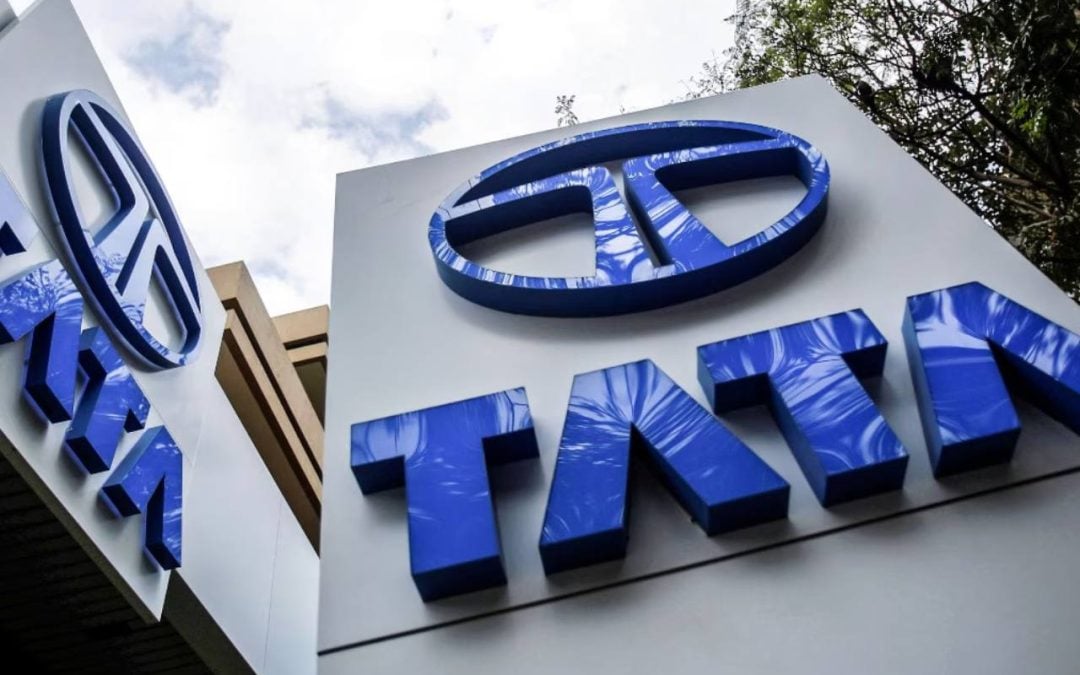Founded in 1995, BYD Company Limited began as a rechargeable battery manufacturer before entering the automotive industry in 2003 and has since evolved into a global leader in electric vehicles (EVs) and renewable energy solutions. The company operates across multiple sectors, including automobiles, rail transit, renewable energy, and electronics.
Over the past two decades, it has emerged as the world’s leading EV maker, even surpassing Tesla in total sales. Reports suggest that in 2024, BYD delivered ~4.27 million vehicles worldwide, capturing about 18 percent of the global EV market, reinforcing its dominance in the sector ahead of competitors like Tesla.
BYD’s Investment Plans in India
BYD is reportedly planning to invest Rs. 85,000 crore to set up its first EV and battery manufacturing facility in Hyderabad, Telangana. This facility, expected to cover 500 acres, aims to produce up to 6 lakh vehicles annually by 2032, marking a significant step in the company’s expansion strategy.
India’s Growing EV Market
EVs account for only 2.5 percent of total passenger vehicle sales in India as of 2024. However, the EV market is poised for rapid expansion, with forecasts predicting a CAGR of 43 percent, and annual sales are expected to reach 9.32 lakh units by 2030.
Why is BYD Targeting India Now?
BYD’s expansion into India is largely influenced by increasing trade restrictions in key export markets. Since September 2024, the European Union (EU) has imposed tariffs of up to 35.3 percent on Chinese EVs, with BYD facing a 27 percent total tariff (17 percent extra tariff + a 10 percent standard duty). Meanwhile, in the same year, the U.S. also raised tariffs on Chinese electric cars from 25 percent to 100 percent, making it nearly impossible for Chinese automakers to compete there.
With these barriers limiting access to Western markets, India presents an attractive alternative due to its lower import tariffs, government incentives for EVs, and a rapidly expanding consumer base.
Increased Competition in Indian EV Market
Tata Motors currently dominates India’s EV segment with models like the Nexon EV, Tigor EV, and Tiago EV, holding nearly 38 percent market share. However, its market share has been gradually declining.
In FY21, Tata Motors held 71 percent of the EV market, which increased to 85 percent in FY22, then dropped to 81 percent in FY23, followed by 68 percent in FY24, and currently stands at ~38 percent.
The entry of BYD is likely to intensify competition, forcing Tata and other Indian automakers like Mahindra & Mahindra and Maruti Suzuki to accelerate innovation and enhance pricing strategies.
Also read: How is HDFC Bank holding up after merging with HDFC Ltd?
Technology & Battery Advancements
BYD’s Blade Battery, based on LFP technology, is known for its long lifespan, enhanced safety, and battery energy efficiency. In contrast, Tata Motors and other Indian manufacturers rely on lithium-ion batteries, and BYD’s entry may push local players to invest more in solid-state and next-gen battery technology.
Additionally, battery suppliers like Exide Industries and Amara Raja Batteries could face challenges, as BYD’s in-house battery manufacturing may disrupt the domestic battery suppliers, potentially impacting their market share in the EV battery segment.
Price War & Cost Pressures
BYD’s global economies of scale allow for competitive pricing. If BYD introduces aggressively priced EVs in India, companies like Tata Motors, Maruti Suzuki, and Mahindra & Mahindra may have to reduce margins, offer discounts, or launch more affordable models or longer-range EVs to remain competitive in the market.
How Will BYD’s India Expansion Reshape Domestic EV Market?
BYD’s arrival is expected to reshape India’s EV industry, affecting domestic automakers like Tata Motors, Maruti Suzuki, and Mahindra & Mahindra in multiple ways. Increased price competition may force Indian manufacturers to reassess their pricing strategies and improve cost efficiencies.
Accelerated technological advancements in battery and vehicle technology will become a necessity to remain competitive. Furthermore, the demand for EV components will rise, impacting domestic suppliers and pushing them to scale up production.
As per sources, industry analysts believe that BYD’s investment could drive consumer adoption of EVs, but its success in India will depend on factors such as regulatory approvals, charging infrastructure development, affordability, and competition from Tesla and Indian automakers.
Written by Shivani Singh
Disclaimer

The views and investment tips expressed by investment experts/broking houses/rating agencies on tradebrains.in are their own, and not that of the website or its management. Investing in equities poses a risk of financial losses. Investors must therefore exercise due caution while investing or trading in stocks. Dailyraven Technologies or the author are not liable for any losses caused as a result of the decision based on this article. Please consult your investment advisor before investing.





